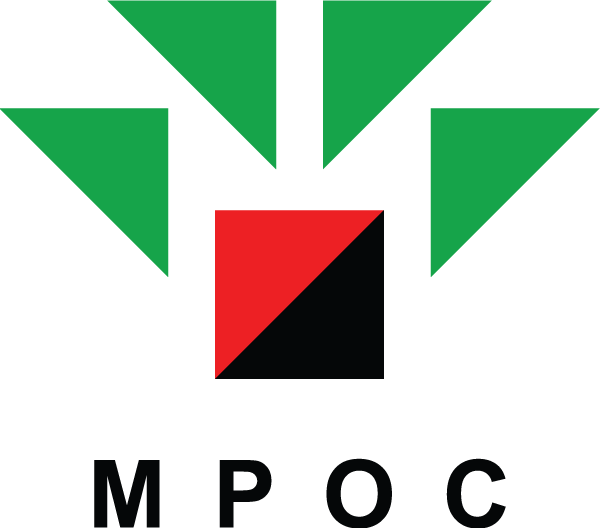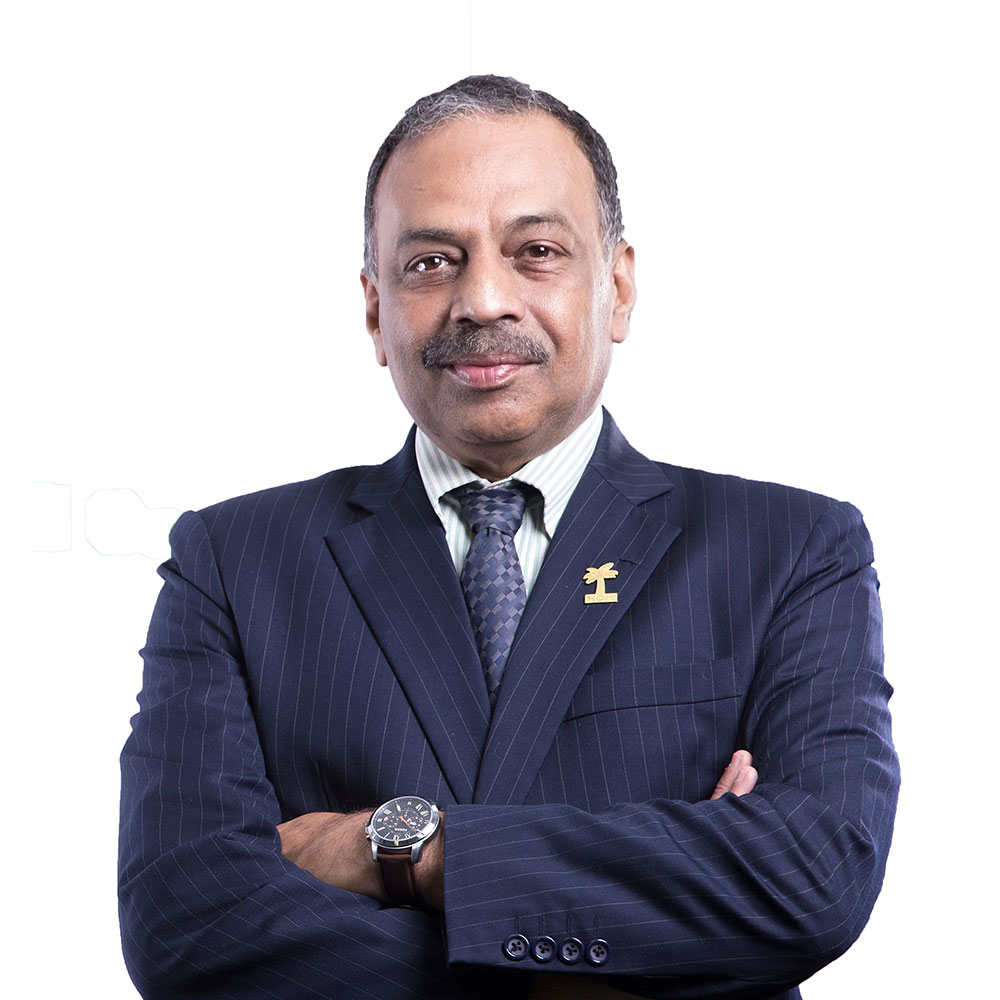
ORGANIZED BY:

Module 1 - Agricultural Commodities and Sustainability Certification:
Drivers of Palm Oil Sustainability: Current and Future Challenges

Datuk Dr. Kalyana Sundram
Datuk Dr. Kalyana Sundram is currently Chief Executive Officer, Malaysian Palm Oil Council (MPOC). Following his postgraduate studies from University of London, and research stints in USA, Australia, Netherlands and at MPOB, he has clocked 37 years in palm oil research and industry. These include various aspects of oils and fats process technologies, nutrition, biomedical applications and technical marketing. He is a fellow of the Malaysian Academy of Sciences, Fellow of the Nutrition Society and member of several international professional associations.
Datuk Dr. Sundram is primarily acknowledged for his work on palm oil and has served on international expert consultations and committees at FAO/WHO, IUNS and MPOB. He publishes extensively and holds 21 patents. He has coordinated more than 170 research and promotion projects on palm oil including health, sustainability and wildlife conservation. Currently he heads MPOC with focus on palm oil promotion and marketing, addressing the anti-palm oil campaigns and uses science based outputs to communicate on palm oil.
VIEW PROFILE
The palm oil industry has registered significant advances since the 1970s when the commodity began to make an impression in the global oils and fats markets. Today it ranks among the most consumed of the 17 different competing oils and fats. This progressive rise up the ladder has also come with a hefty price to the industry straddled with a myriad of controversies, critics and accusations of unsustainable operations throughout the supply chain. The industry voluntarily responded to these challenges by adopting certification systems, which themselves although heavily scrutinized have not escaped adverse criticisms. In the face of these and pressured by emerging green lobbies in the West and particularly in the European Union, legislations are actively been proposed and adopted against palm oil. Most notable was the EU (Biofuel / Renewable Energy) Delegated Act. Following closely are the recent additional initiatives that try to wrap palm oil with deforestation, biodiversity loss, climate change and human rights inadequacies. The presentation briefly examines these cocktail of challenges while laying down how the palm oil industry is coping with the drive towards achieving sustainability, within the United Nations sustainable development goals. Additionally some areas of improvements and ways forward are also suggested while concluding that it could be timely to institute similar sustainability certification systems for all global oils and fats produces.
REGISTER OR LOGIN TO VIEW FULL REPORT
REGISTER OR LOGIN TO VIEW PRESENTATION SLIDES
Questions & Answers
Please login to post comments.




